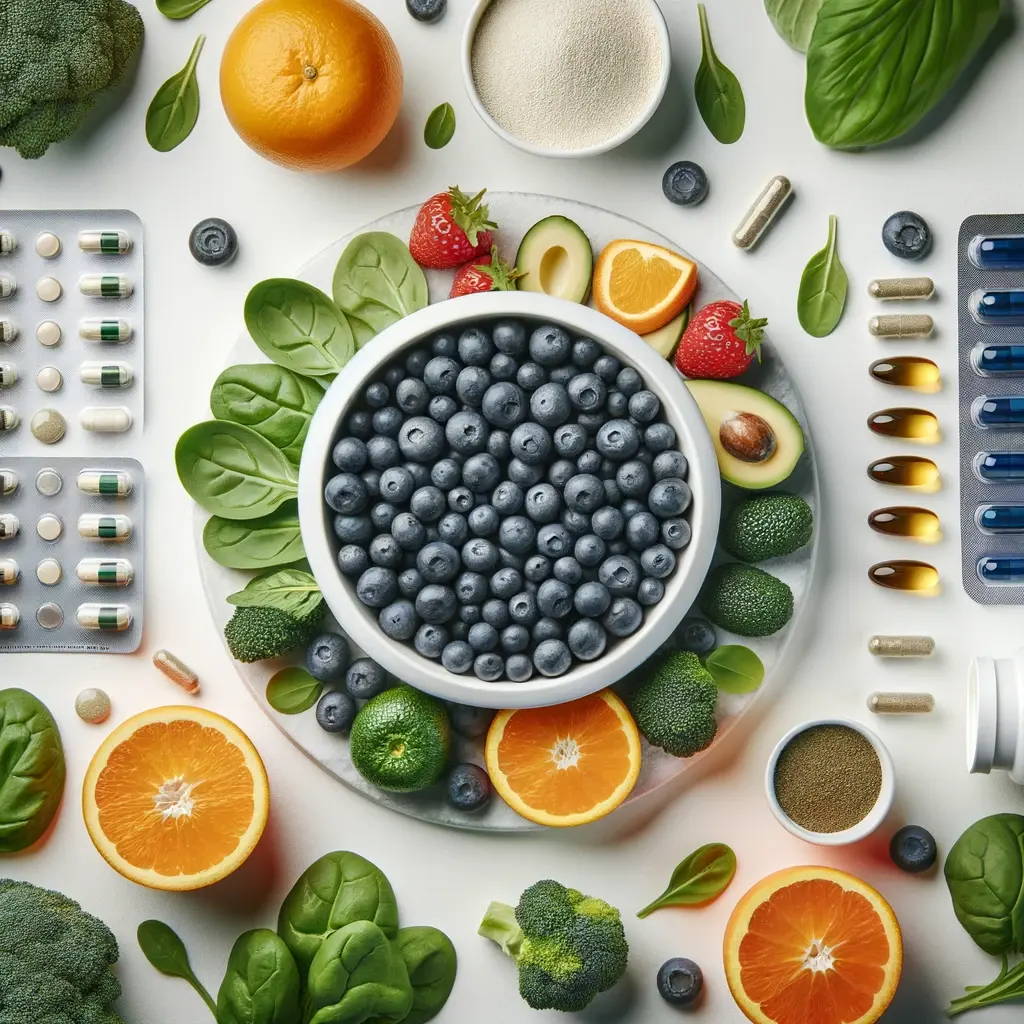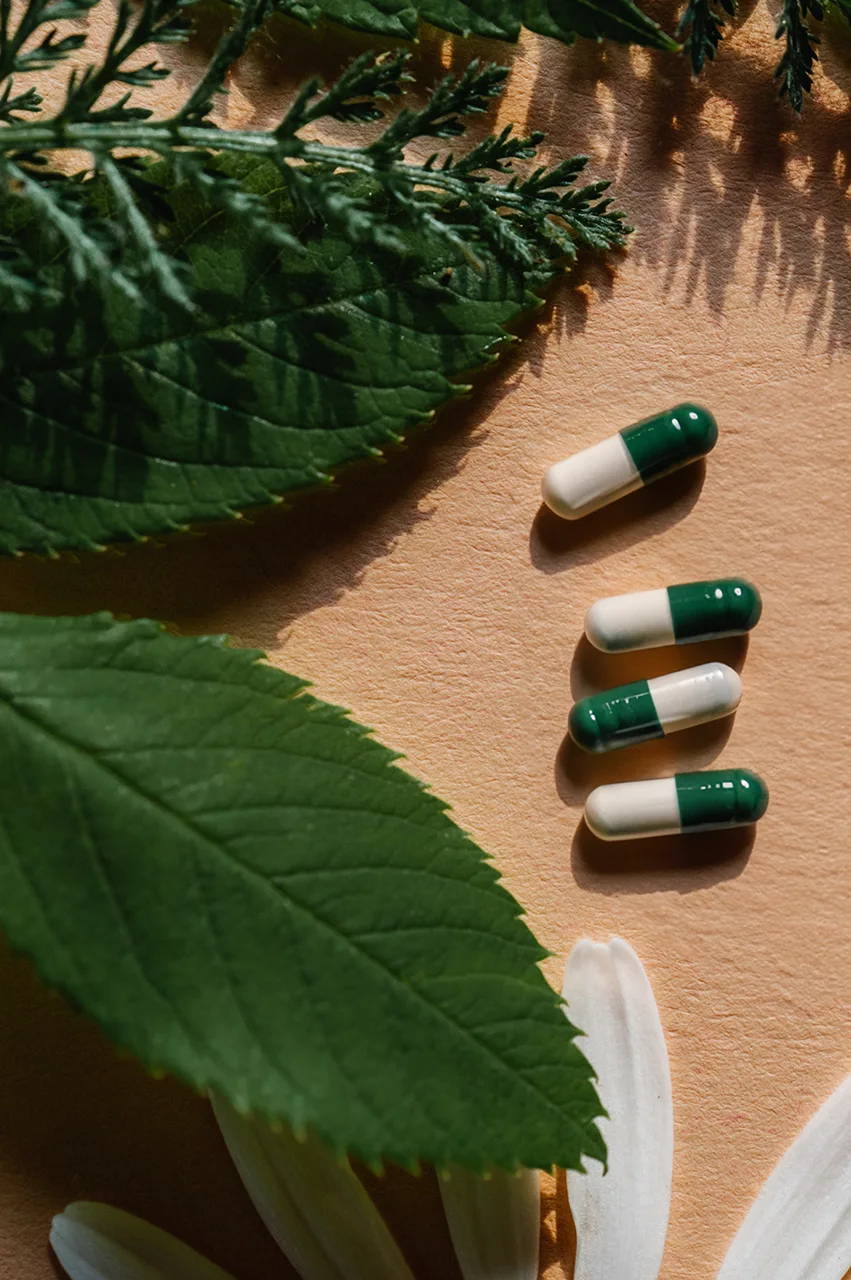Oxidative Stress: A Three Part Series
Part I. Supercharge Your Heart Health – Top 4 Antioxidant Supplements Revealed!

To understand Oxidative stress we must discuss not just what it is but also how the body has a defense mechanism specially designed to protect against its harmful effects.
Oxidative Stress

Oxidative Stress & Imflammation
Dr. Ray D. Strand's Oxidative Stress Research

Importance Of antioxidants

o Selenium
o B2
o Niacin
o NAC
Check out THORNE Grape Seed Oil for a high dose superior grapeseed oil supplement. Try and also keep a well balanced diet for the best capturing of multiple bioflavonoids and beta-carotene which is a precursor of Vitamin A and helps support our antioxidant support mechanisms.
Dr. Strand explains that often Doctors treat nutrients or supplements like drugs. This means they test the body’s response to just one nutrient at a time to learn it’s potential benefits. This ignores the synergistic benefits that supplements have. Antioxidants work best together!! As oxidative stress occurs the body needs multiple antioxidants to combat the damage and at the same time the antioxidants need all the supporting nutrients to do their job well.
Disclaimer: Please note that Mina our resident specialist pharmacist and natural practitioner is not an MD, and does not give medical recommendations. He stresses the importance of talking to your doctor & pharmacist before making changes to your supplements.


